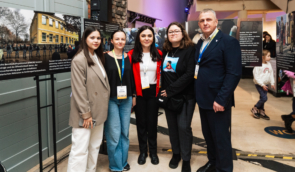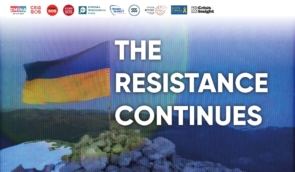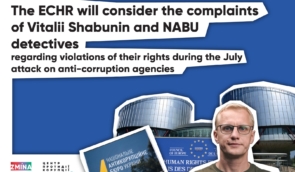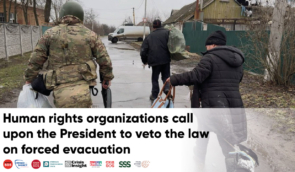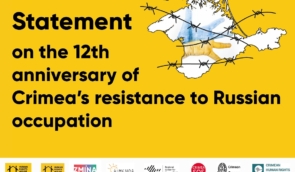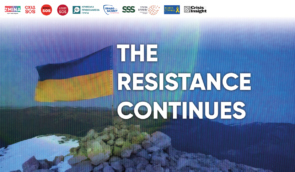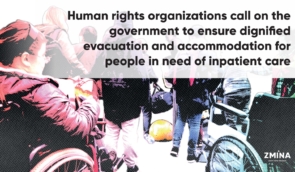Deportation as a crime: how human rights defenders collect evidence and help Ukrainians to leave Russia
On March 3, 3 pm CET, Twitter Spaces will take place to discuss the deportation of Ukrainians to Russia and Belarus, the ways of repatriation and the process of documentation of this crime. Twitter Spaces will be held by the Euromaidan Press.
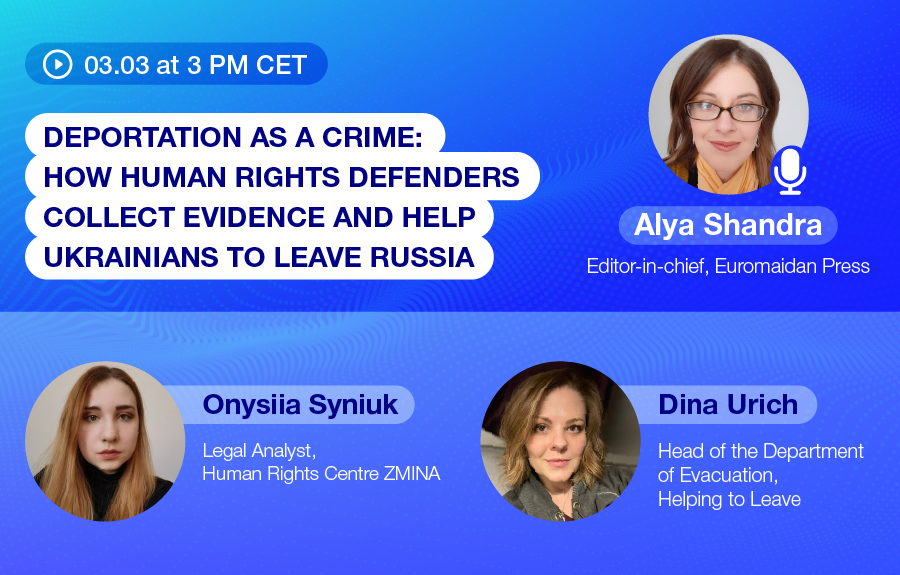
A year has passed since the beginning of the full-scale Russian invasion of Ukraine. During this year Russia has violated all the norms of international and humanitarian law. To date, the Office of the Prosecutor General of Ukraine has registered over 71,000 cases of international crimes committed in the course of the Russian armed aggression. They include indiscriminate shelling of houses, hospitals, schools, killing, torture and rape of civilians, forced disappearances, and deportation.
Deportation is one of the international crimes which can be qualified as crime against humanity and war crime in accordance with the Rome Statute of the International Criminal Court. This crime has acquired mass characteristics and is widely used by Russian militants.
ZMINA, as part of the 5AM Coalition, has already recorded 233 facts of deportation. In the process of documentation, human rights defenders go on field missions to the de-occupied territories and abroad in order to communicate with victims and witnesses. The last missions, directed to the Kharkiv region in Ukraine and to the Baltic states, allowed to face the scale of the committed crime and to learn first-hand about the experience of deportation and ways of returning from Russia or Belarus.
This Twitter Spaces will bring together human rights defenders involved in the documentation of deportation as well as those supporting deported Ukrainians on their repatriation from Russia. The following questions will be discussed:
- What is deportation and is it different from evacuation?
- What is the scale of forced deportation of Ukrainians to Russia and Belarus?
- How documentation is done in field missions?
- What do deported Ukrainians go through and what difficulties do they face when leaving Russia or Belarus?
Panellists:
- Onysiia Syniuk, Legal Analyst of the Human Rights Centre ZMINA
- Dina Urich, Coordinator of the NGO “Helping to Leave”
Moderator: Alya Shandra, Editor-in-chief of Euromaidan Press
Follow the link to join the discussion.
If you have found a spelling error, please, notify us by selecting that text and pressing Ctrl+Enter.

